Croatian Wines
Croatia's winemaking history dates back to the ancient Greeks who brought viticulture to the Dalmatian islands some 2,500 years ago. The country benefits from long sunny summers along the coast which are ideal for growing grapes and making fresh, well-balanced reds and whites. Although not as well known as other European wine regions, Croatia is an important up-and-coming premium wine producer with over 400 wineries.
Key Croatian Wine Regions
In total the country has 66 designated appellations with the most famous wine regions found in Dalmatia and on the Croatian islands producing the best wine in Croatia. Important regions here include the islands of Hvar, Korcula and Brac as well as the Peljesac Peninsula. Istria in the northwest of Croatia is heavily influenced by its Italian heritage and has steep, hilly vineyards planted on terra rossa soils near the sea. There are also some inland regions like the Croatian Uplands, Slavonia and the Danube area where the climate is cooler and more continental.
Croatian Grape Varieties
There are over 100 indigenous Croatian grape varieties of which the most famous is Plavac Mali which is closely related to Zinfandel. Plavac Mali is Croatia's third most-planted grape and is found across Dalmatia where it produces intense and rich red wines. Other key grapes include Malvazija Istarska, related to Malvasia, which is used for elegant, floral whites as well as for the production of the best Croatian orange wine; and high acidity Grasevina which is widely grown in continental Croatia. Croatian wines tend to be food friendly, pairing well with local dishes like the hearty pasticada or braised beef and fresh seafood from the coast.







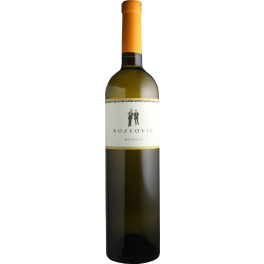


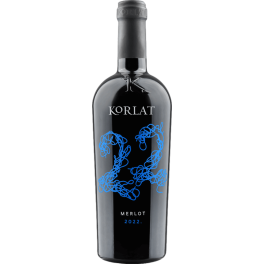
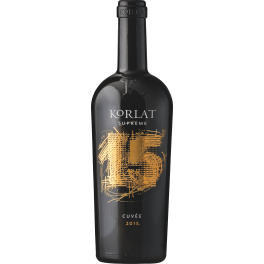

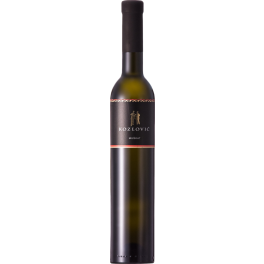
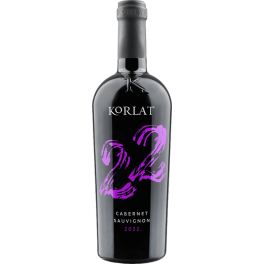
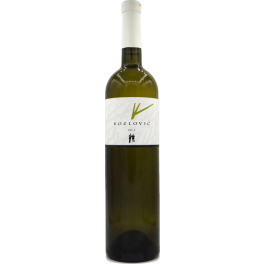


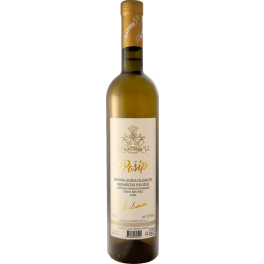
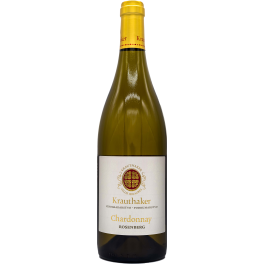

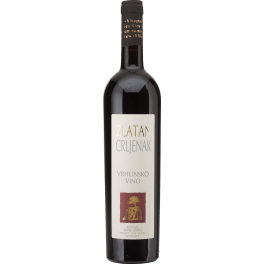
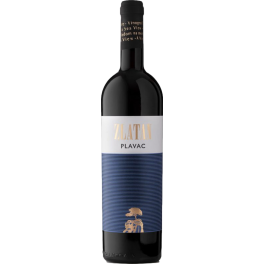

Good selection and prices. Shipped swiftly and delivery thru UPS went well